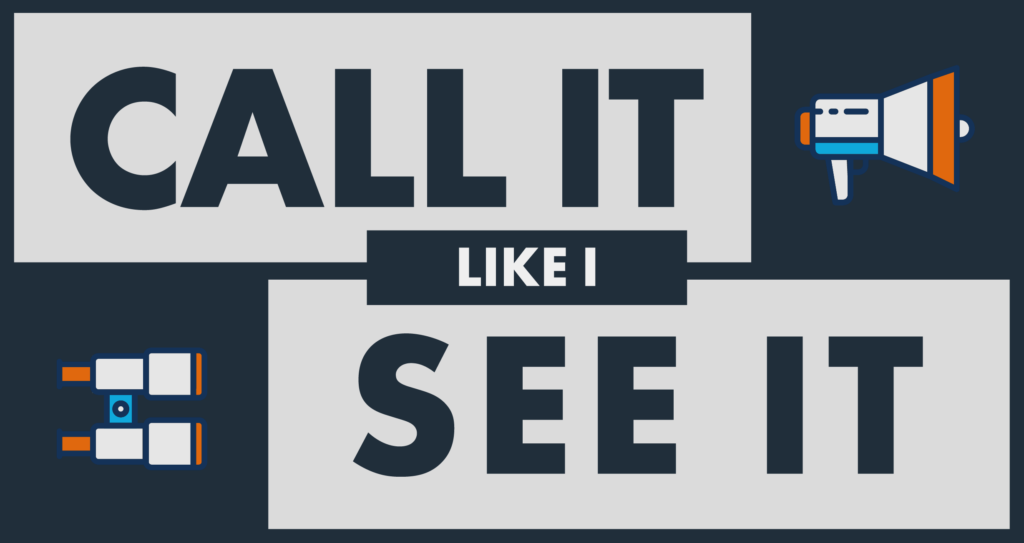Global Cooperation Needed to Keep the Planet Habitable for Humans; Also, Body Odor Language
Keeping the Earth habitable for humans would seemingly be in everyone’s interest, and James Keys and Tunde Ogunlana consider how multi-faceted our environmental issues can be and how COP26 and the Glasgow Climate Pact each show far we have come, and how far we still have to go, from a global cooperation standpoint (01:30). The guys also discuss how human bodies are constantly emitting odors and how these odors actually tell a lot about you and your health and lifestyle, not just your hygiene (38:51). What is a COP? (COP26 Website)COP26: What was agreed at the Glasgow climate conference? (BBC)In surprise move, U.S. and China vow to work together on climate change (NBC News)American bumblebees have disappeared from these 8 states. Now they could face extinction. (USA Today)Here’s What Will Happen If Bees Go Extinct (Green Matters)Judge approves $626 million settlement in Flint water crisis case (CBS News)US intelligence community warns of devastating long-term impact of coronavirus pandemic (CNN)What Your Smell Says About You (WSJ) (Apple link)
Read More
